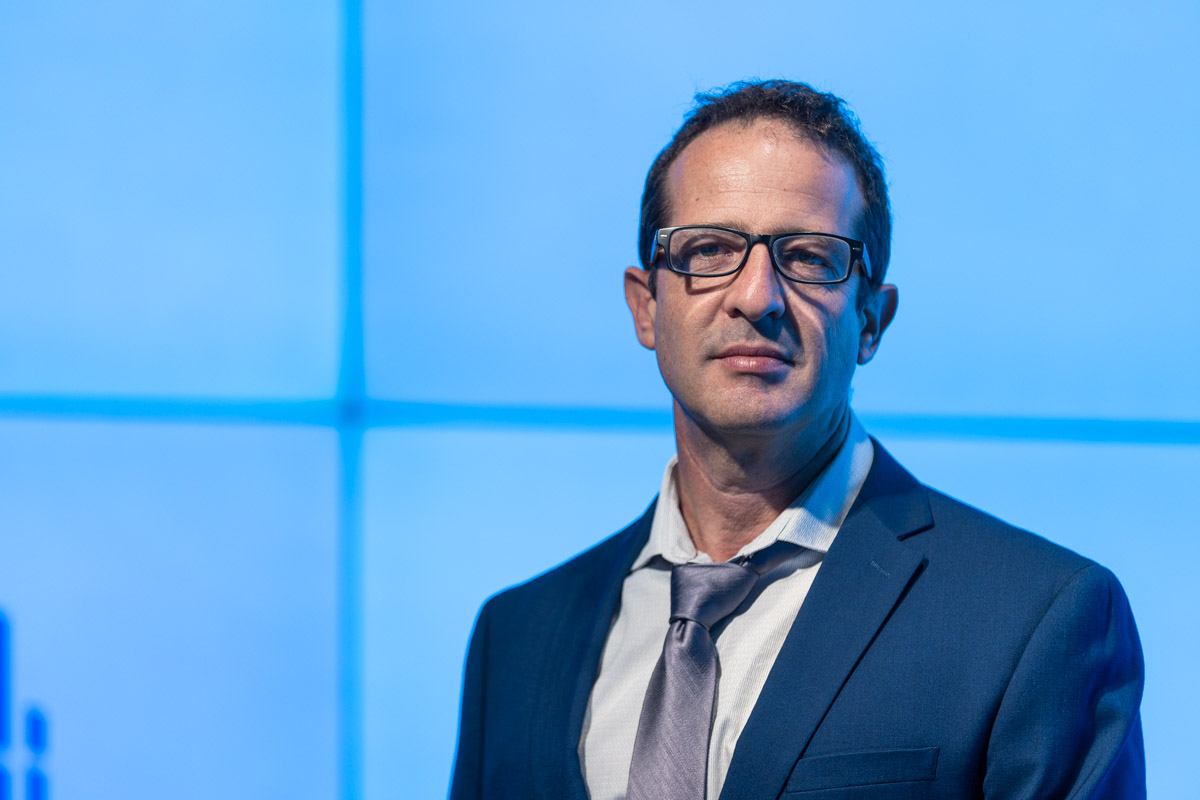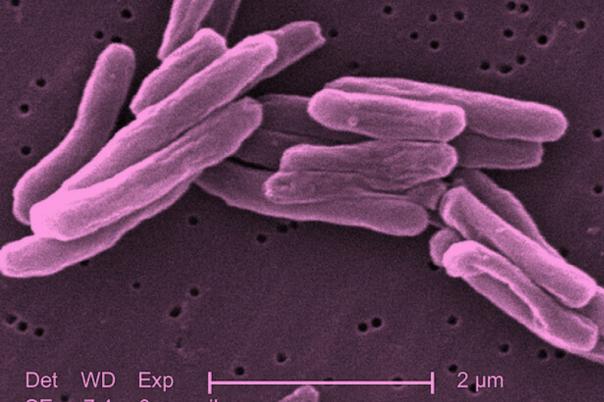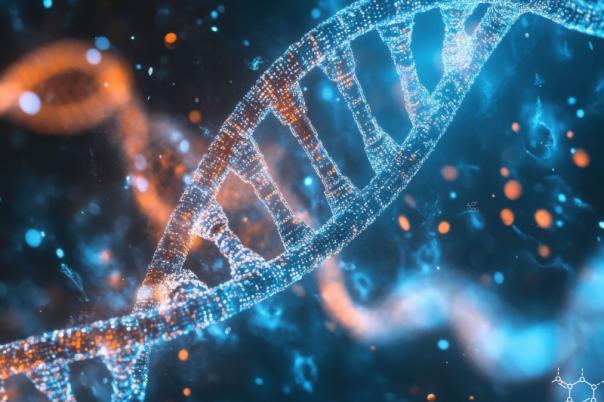Yuval Tabach and his lab wanted to understand the key proteins that are involved in the microRNA pathway and its evolution. Their research journey began with the Let-7 family of microRNAs which is highly conserved across many species but also not present in others. Furthermore, the proteins related to this pathway such as Dicer, AGO, and RISC, also disappear in species which lack Let-7. Running with this concept, Tabach’s lab investigated other proteins that are lost in the same set of species.
The findings revealed clusters of genes related to RNA machinery and other pathways, which are now being explored for associations with human diseases, particularly rare genetic disorders. This concept led to the development of model which could detect the relevant mutated genes in patients where it was first unclear which gene was responsible for their disease.
As a disease of the DNA, cancer is an appealing disease to apply this concept to. One of the biggest mysteries of cancer has to do with the variation in drug response from different patients: some won’t respond at all, some will respond marginally, but others will be ‘exceptional responders.’ In these very rare cases, the cancer treatment will wipe out the tumour and the patient wont relapse for many years.
While some theories suggest that this is due to the effect of the immune system or the microenvironment, Tabach pointed out that there is evidence to support a genetic component to this outcome. To investigate the right drug for the right patient, the team collected a huge amount of data and built a machine learning model that could optimise the cancer treatment. It was based on genetic markers to identify which patients might benefit most from specific drugs, enhancing treatment efficacy.
The ongoing research aims to create a comprehensive understanding of how genetic signatures can guide personalized cancer treatment, with the potential to significantly improve patient outcomes.





